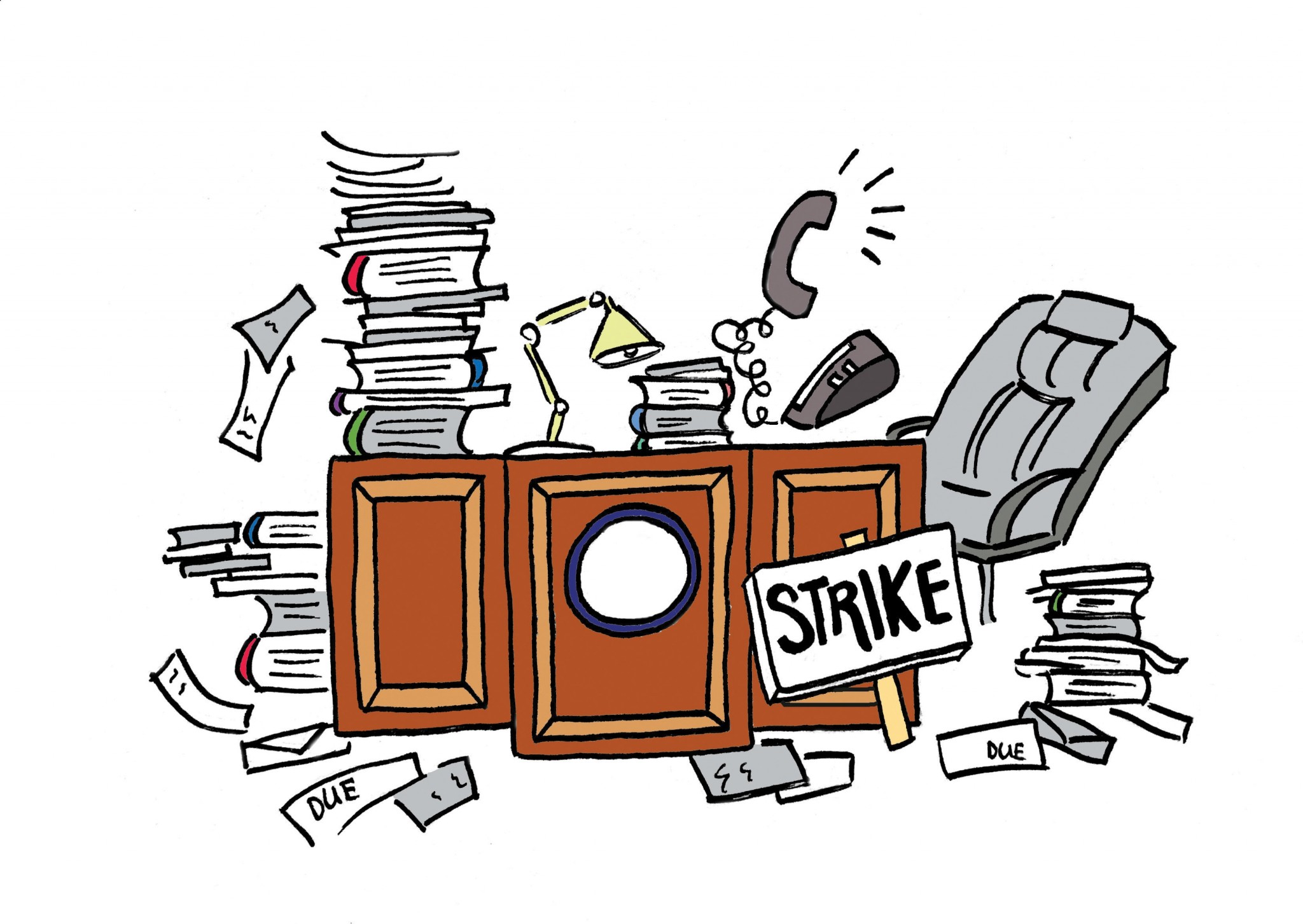Every week, I go to Ecole FACE to volunteer at an after school program, taking the students around Montreal to explore the community. As I arrived for my shift last week, I was surprised to find myself greeted by gloomy expressions from the children, shades different from their usual chipper smiles. Cautiously, I asked them what was wrong. As it turned out, they were worried that their annual camping trip could be cancelled due to the teacher’s strike.
The provincial government has proposed a massive $360 million budget cut to the education system. In order to accomplish this, the Quebec Education Department intends to increase class sizes by up to nine additional students, eliminate funding towards school programs for special-needs children, and impose a salary freeze on teachers. Needless to say, these are tough demands to make to a system that has already lost over $800 million in funding over the past five years. As a result, the teachers have banded together and agreed not to work beyond their paid 32 hours per week. This means no more after-school activities, school clubs, or field trips for the students.
Surprisingly, none of the students at Ecole FACE expressed any blame or contempt towards their teachers. It was apparent that the children understood the reason behind the strike, and knew what was at stake for themselves as well. While the strike may harm the students, it is easy to understand that the government’s demands must be challenged to protect their education and benefit Quebec in the long run.
Simply put, the demands imposed by the government will hurt students’ education. The high teacher-to-student ratios will mean that some classrooms will end up having up to 40 students. On top of the elimination of funding for special needs students, it is highly unlikely that Quebec’s children will have access to a satisfactory standard of education if these changes go through.
Many make the mistake of thinking that the strike is about teachers’ salaries. While this is far from the truth, it is still reasonable to consider the Quebec teachers’ demands regarding their wages. Quebec teachers have amongst the lowest salaries in Canada. While sacrifices may have to be made somewhere, when it comes to education, these sacrifices must be spared.
In the future, these students will be the ones that will be responsible for restoring Quebec’s economy and making decisions regarding austerity. It goes without saying that in order for these students to be successful, they need the best education possible. While the budget cuts may save money now, it comes at the risk of future generations that are less prepared for higher education and the job market.
It is hard to shake the concern that the strike will not accomplish its goal, however, talking to the students at Ecole FACE, I realized that there is more to the issue than just demands and negotiations. The younger students of Quebec care about social and political issues—I often hear them mention things like the “orange people” (NDP) during their playground chats, as well as constantly questioning the high rates of homeless people in the city. Teachers must lead by example. This is a perfect opportunity for educators to teach their students a valuable lesson about austerity. Whether cognizant of the government’s policies or not, this experience will encourage the children and teens of Quebec to think critically about the government’s policy of cutting public spending.
In order to create a better Quebec, teachers, parents, and students alike must all rally in support of the strike and challenge the government’s cuts to education funding.








